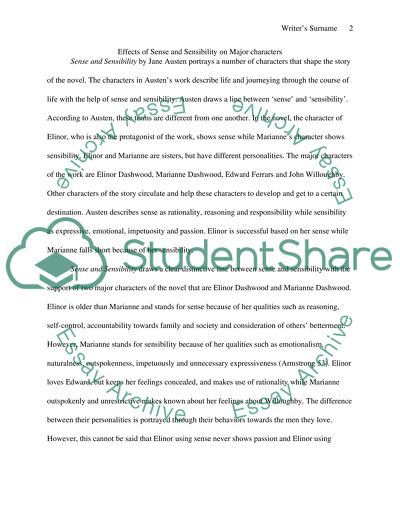Cite this document
(“Sense and sensibility on the major characters Research Paper”, n.d.)
Sense and sensibility on the major characters Research Paper. Retrieved from https://studentshare.org/english/1487201-sense-and-sensibility-on-the-major-characters
Sense and sensibility on the major characters Research Paper. Retrieved from https://studentshare.org/english/1487201-sense-and-sensibility-on-the-major-characters
(Sense and Sensibility on the Major Characters Research Paper)
Sense and Sensibility on the Major Characters Research Paper. https://studentshare.org/english/1487201-sense-and-sensibility-on-the-major-characters.
Sense and Sensibility on the Major Characters Research Paper. https://studentshare.org/english/1487201-sense-and-sensibility-on-the-major-characters.
“Sense and Sensibility on the Major Characters Research Paper”, n.d. https://studentshare.org/english/1487201-sense-and-sensibility-on-the-major-characters.


